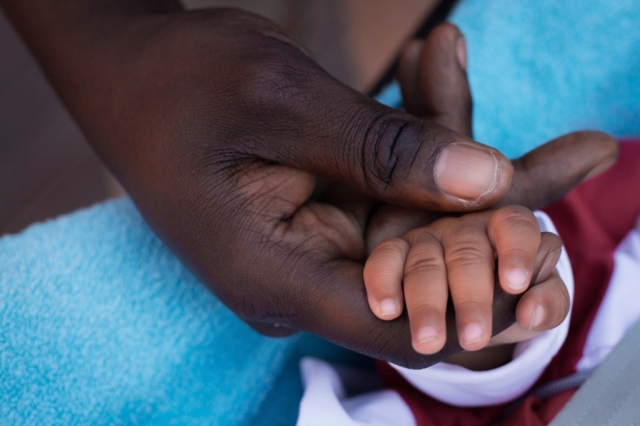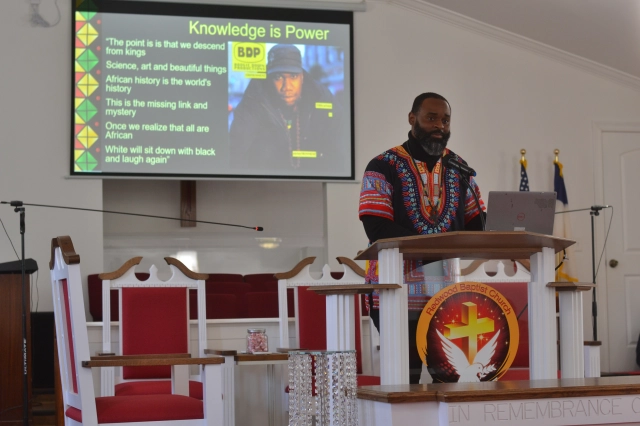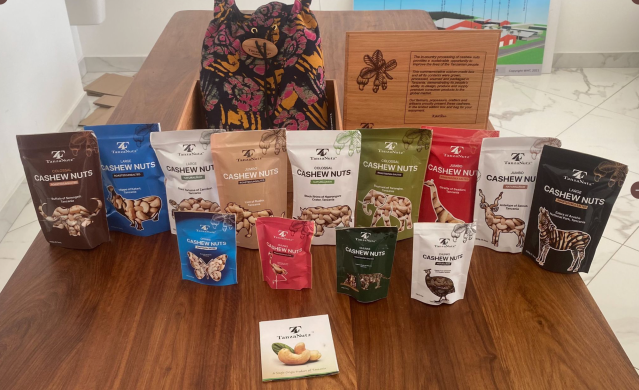1,095 days and counting: One doctor’s frustration unfolds into Instagram excellence


Screenshot of @TheDayAfter2016
By all accounts, every day of February is laced with creative lessons on Black history. From teachers decorating their classroom doors with fantastical imagery to daily posts of famous quotes and musical introductions by Black artists, the month is full of presentations of Black success.
But few -—if any—- have matched the diligence of Rani G. Whitfield, MD,’s Instagram page @TheDayAfter2016. For the last one thousand and ninety-five or so days, Whitfield has posted five photos and roughly 2,200 characters of Black excellence and historical truths.
That’s daily, for nearly four years. In February, he also created and released a theme song of sorts for Black History Month called “Know Your History”.

Dr. Rani Whitfield with a Black Heritage Encyclopedia used in his research
“It is Black excellence,” said Whitfield, who researches and writes the daily posts which are shared before day on Instagram, Facebook, and Twitter @TheDayAfter2016. For each post, he curates facts from as many as six sources to recount the person’s life—without adding his opinion. “I’m not recreating the story,” he said. “It is the facts of what has happened.”
@TheDayAfter2016 is one of many community-centered projects Whitfield has created. For example, in 2010, he created a health comic book, “The Legion of Health” and hip-hop health-focused CDs “State of Emergency” , “The World Is In Your Hands,” and “Get On The Bus,” that feature artist Dee-1, Love-n-Pain, and Sean Griffin. Both examine issues like high cholesterol, heart disease, and obesity. As an internal medicine physician in Baton Rouge, he often dons the stage name “Tha Hip Hop Doc” or “Dr. Rani” and delivers these messages to schools and organizations.
However, the message of @TheDayAfter2016 stems from a different concern. On July 5, 2016, Alton Sterling was unjustly killed by Baton Rouge police while selling CDs outside a neighborhood convenience store and the community responded with protests and rallies.
“When Alton was killed it was emotional for everybody,” Whitfield said, “I needed a way to get it off my chest.” He and videographer Kikala Diallo began working on a documentary, conducting interviews on victimization and lynchings of young Blacks starting with Sterling and including Philando Castile and Sandra Bland. He also shared photos and facts on Instagram, until “it just got depressing,” he admitted. “So, I started looking for Black excellence and history that was unknown and I would post it.”
What Whitfield found was eye-opening. “Intriguing,” he said.
Although Whitfield was born during the cusp of the civil rights movement and even with parents who impressed upon him and his siblings to learn Black History, Whitfield said he realized he didn’t know a lot. “I feel like I dropped to ball and my parents were in a protective mode, like ‘We did all the fighting, now you got to school and it will be better for you.’ And then you realize that it’s not,” he said.
- Screenshots of @TheDayAfter2016
Whitfield shares his research with photos and less than 2,000 characters on Instagram, using the #NotSoLongAgo hashtag. Surprisingly, the posts are not an exclusive collection of celebrations and victories. “Everybody Black wasn’t doing positive things some of them did bad things,” said Whitfield. He also posts tragic and unjust accounts and biographies, like the post on Larry Hoover who formed the Gangster Disciples in Chicago, Darthard Perry who was an FBI informant in Cointelpro, and Fred Ahmed Evans and the Glenville riot.
“I’m posting their stories, not my opinion,” he said. “It’s good and bad and what not to repeat.” The posts which are typed and uploaded from his cellphone are true stories of Black American history which he said is due more discussion than one month. “I’m no fan of the shortness of February.”
Admittedly, the daily posts have made the doctor “obsessed with history.” He said, “it’s self-satisfying, but I am hoping to stimulate (others) to go get more. It’s a blessing to provide information.”
“I am trying to truly live and walk in my purpose right now,” said Whitfield. As with his career in medicine, Whitfield said he feels “called to educate on history so we won’t repeat the worst parts of it.” He said he hopes the daily posts would stimulate others to go learn more.
@TheDayAfter2016 Bookshelf
A selection of books used by Rani G. Whitfield, MD, in his research
- Life Upon These Shores by Henry Louis Gates Jr.
- Black Comedians on Black Comedy: How African Americans Taught Us to Laugh by Darryl J. Littleton
- Black Panther – Henry Douglas
- 100 Amazing Facts About the Negro with Complete Proof: A Short Cut to The World History of The Negro by J. A. Rogers
- From Slavery to Freedom: A History of African Americans by John Hope Franklin
- The Music of Black Americans: A History by Eileen Southern
By Candace J. Semien
Jozef Syndicate reporter
@jozefsyndicate
























